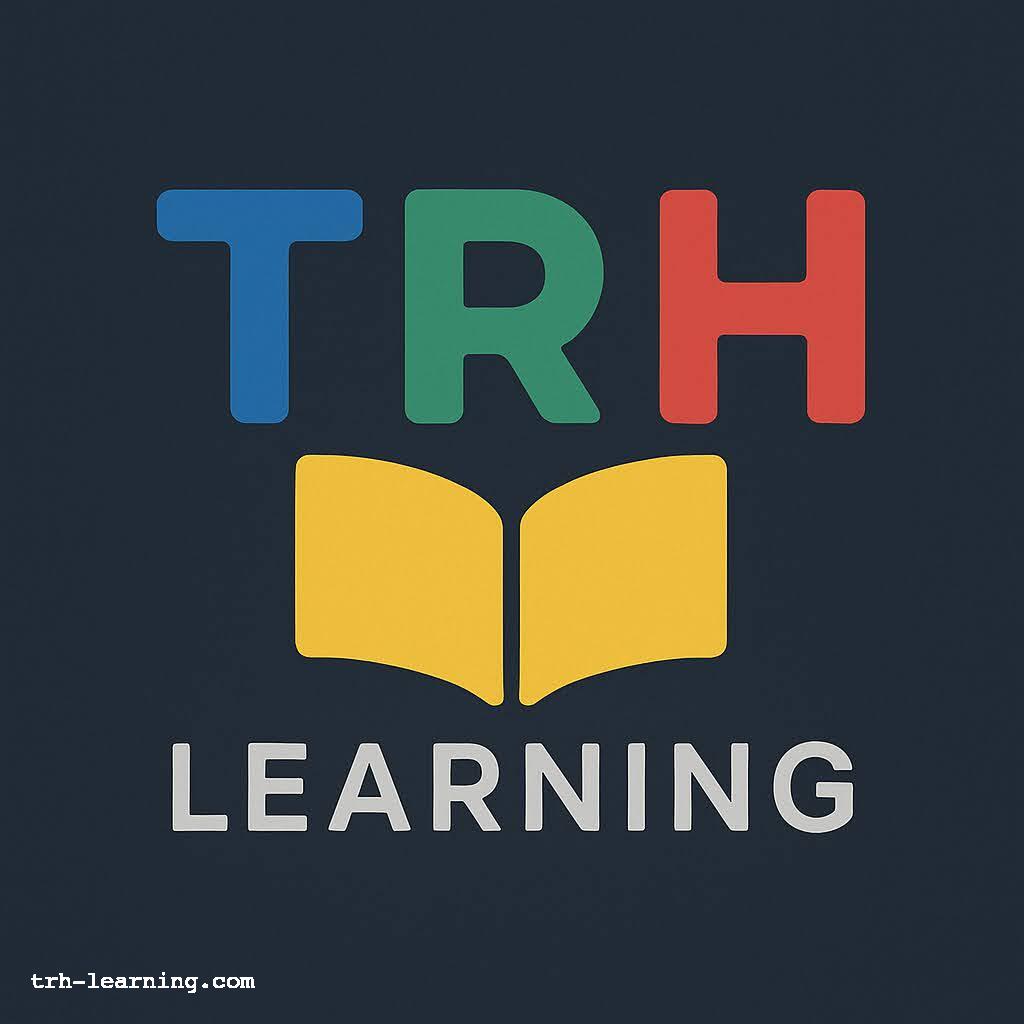"GCSE Chemistry Insights: Exploring the Periodic Table with Augmented Reality"
Exploring the Periodic Table with Augmented Reality
Exploring the Periodic Table with Augmented Reality
The integration of augmented reality (AR) into educational tools is revolutionizing how students interact with complex subjects like chemistry. One of the most exciting applications is the use of AR to explore the periodic table, providing a dynamic and interactive learning experience for GCSE Chemistry students.
Benefits of Using Augmented Reality in Chemistry
- Enhanced Engagement: AR brings elements to life, making learning more engaging and interactive.
- Improved Understanding: Visualizing atomic structures and chemical reactions helps in better comprehension of abstract concepts.
- Interactive Learning: Students can manipulate 3D models of elements, enhancing their spatial understanding.
How Augmented Reality Works with the Periodic Table
AR applications overlay digital information onto the physical world. In the context of the periodic table, students can use their devices to scan a printed table, which then displays additional information and 3D models of elements.

Implementing AR in the Classroom
- Select an AR App: Choose an app designed for educational purposes that aligns with the curriculum.
- Prepare the Materials: Ensure students have access to compatible devices and printed periodic tables.
- Guide the Exploration: Facilitate activities where students can explore element properties and reactions.
Challenges and Considerations
While AR offers numerous benefits, educators should consider potential challenges such as device compatibility, the need for technical support, and ensuring that the technology complements rather than distracts from learning objectives.
For more information on integrating AR into your chemistry curriculum, explore resources from educational technology providers and chemistry education websites.
Browse Categories 📚
Ready to boost your learning? Explore our comprehensive resources above, or visit TRH Learning to start your personalized study journey today!